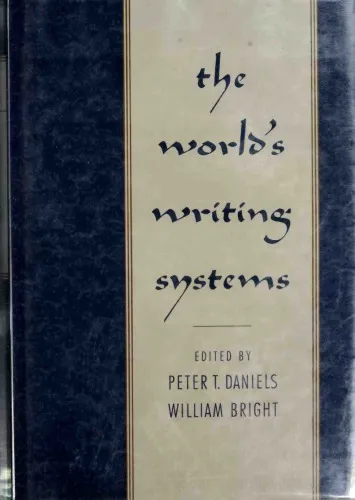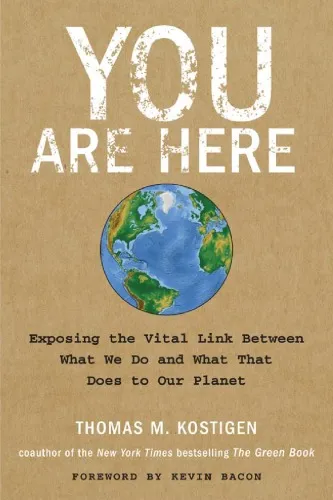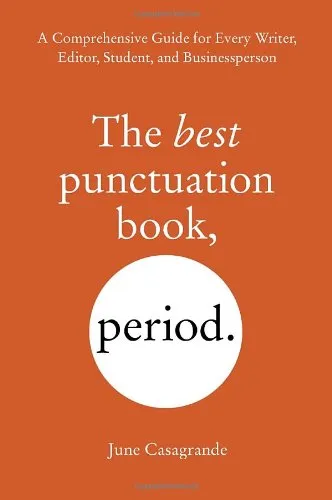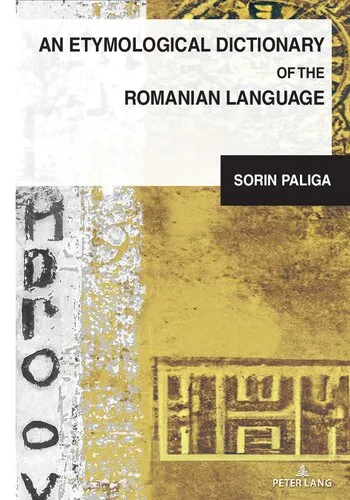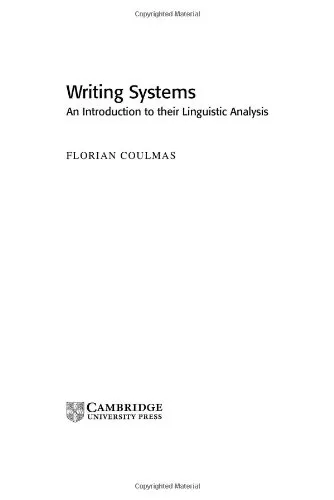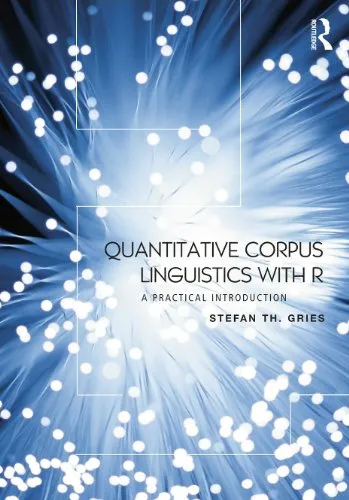The World’s Writing Systems
4.3
Reviews from our users

You Can Ask your questions from this book's AI after Login
Each download or ask from book AI costs 2 points. To earn more free points, please visit the Points Guide Page and complete some valuable actions.Related Refrences:
Welcome to an immersive exploration of humanity's most remarkable intellectual achievements—writing systems. "The World’s Writing Systems," authored by Peter T. Daniels and William Bright, is an authoritative and comprehensive guide to the diverse array of scripts, alphabets, and orthographies that have served as the backbone of human communication for thousands of years. The book delves deep into how writing evolved, how it differs between cultures, and how these systems shape human knowledge and identity.
Detailed Summary of the Book
"The World’s Writing Systems" is an encyclopedic work that catalogues and analyzes scripts used throughout history and around the globe. From ancient hieroglyphs and cuneiform to the intricate syllabaries, alphabets, and modern logographic scripts, this book offers exhaustive insights. With contributions from over 80 eminent scholars specializing in linguistics, archaeology, and anthropology, the book meticulously documents writing systems tied to all major civilizations—including those often overlooked or marginalized in historical study.
The text is structured to offer a holistic understanding of each writing system, addressing not only its visual aesthetics but also its phonetic principles, material substrates (such as clay tablets, papyri, or digital screens), and evolution in relation to spoken languages. In tracing these facets, Daniels and Bright break down each system’s function, from phonemic alphabets (like Latin or Cyrillic) to logophonetic scripts (like Chinese characters) and more ambiguous categories such as abjads and abugidas.
It also pays special attention to the role of writing systems as instruments of political, religious, and cultural power. The book explores themes like the 'democratization' of writing post-Gutenberg printing, script reforms under colonialism, and the recent digital rebirth of endangered scripts. Each entry is highly detailed yet accessible, appealing to both general readers and experts alike.
Key Takeaways
-
Diversity and Evolution: Writing systems arise from human needs but evolve uniquely based on cultural and technological influences, often diverging into incredibly complex forms.
-
The Structure of Language: Writing systems offer profound insights into how the human mind processes language, distinguishing between systems rooted in phonemes, syllables, or whole-word units.
-
Linguistic Heritage: By understanding writing systems, we preserve endangered linguistic traditions and recognize the deep historical connections shared by humanity through communication.
-
Power and Identity: Writing systems are not merely functional; they are also inseparable from cultural identity, often used to assert power or individual autonomy over collective narratives.
-
The Digital Era: Modern technologies have transformed writing by digitizing ancient scripts and introducing challenges related to standardization and encoding.
Famous Quotes from the Book
"Writing is among the greatest inventions of humanity—transforming ephemeral sound into enduring form, and thought into history."
"To study the world’s writing systems is to study the ways human societies have structured knowledge, mediated power, and bridged the gap between thought and permanence."
"The diversity of scripts mirrors the diversity of the people who use them, reminding us of the infinite creativity with which we express our shared humanity."
Why This Book Matters
Understanding the world’s writing systems unlocks not only linguistic knowledge but also the cultural and historical depths of human civilization. This book matters because it serves as a one-stop resource for anyone interested in how writing has shaped the trajectory of human development—from education and governance to art and technology. With increasing globalization, digital platforms, and growing interest in studies of cultural identity, a work like this is more relevant than ever.
The text also holds exceptional value for linguists, historians, educators, and technologists designing better systems for preserving endangered scripts or writing systems for marginalized communities. Beyond technical curiosity, this book fosters appreciation for the universal tools of human storytelling and record-keeping, bridging divides and reasserting our shared intellectual history.
In "The World’s Writing Systems," Daniels and Bright have produced more than a reference book—this is a monument to the ingenuity behind an invention that has profoundly influenced our species’ evolution from oral cultures to literate ones. Whether you’re a lover of language, a historian of writing, or someone fascinated by the tangible artifacts of human creativity, this work is an essential addition to your intellectual journey.
Free Direct Download
You Can Download this book after Login
Accessing books through legal platforms and public libraries not only supports the rights of authors and publishers but also contributes to the sustainability of reading culture. Before downloading, please take a moment to consider these options.
Find this book on other platforms:
WorldCat helps you find books in libraries worldwide.
See ratings, reviews, and discussions on Goodreads.
Find and buy rare or used books on AbeBooks.
1473
بازدید4.3
امتیاز0
نظر98%
رضایتReviews:
4.3
Based on 0 users review
Questions & Answers
Ask questions about this book or help others by answering
No questions yet. Be the first to ask!
